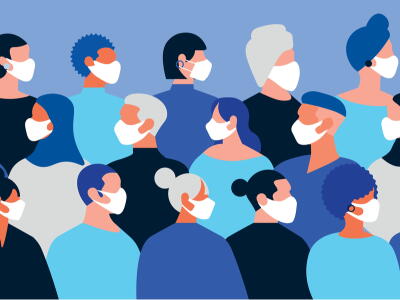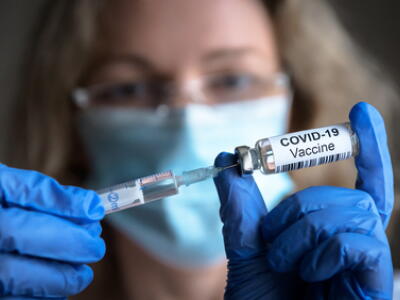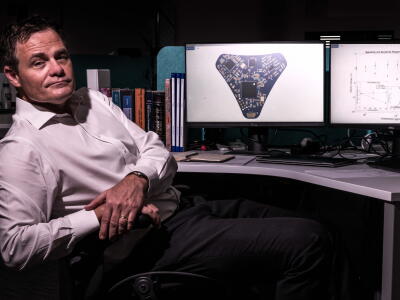Group therapy research provides the ‘magic’ touch
Posted on
How the Statistical Support Network (SSN) supported complex statistical analyses of data collected in therapy groups.
Group therapy often gets a bad rap in the movies, where a group of uncomfortable people sit in a circle and are prodded to spill their secrets to strangers.
Alysia Robertson, who is completing her PhD at The Australian National University (ANU) School of Medicine and Psychology, noticed there wasn't much research into facilitating these groups. Her PhD investigated group therapy leadership from a social identity perspective.
“I’ve been inspired by the growing movement in mental health care delivery and research concerning whether it’s useful for therapists to have lived experience of mental health conditions,” Alysia says.
She says that the idea of a therapist who has ‘been there’ aligns closely with one of the processes of identity leadership: identity prototypicality, which is all about the extent to which a leader is viewed as ‘one of us’.
Alysia says her research often involves complex statistical analyses. As such, she has worked closely with the Statistical Support Network (SSN) throughout her PhD.
Alysia accessed the SSN for help with solving statistical problems and to talk through how to use complicated statistical methods.
“Data collected for therapy groups usually tracks individual changes in treatment outcomes over time, so we needed to account for the fact that data for each time point is nested in individuals, who are also nested in therapy groups,” she says.
“Once you add in other variables, like age or baseline symptom severity, and the potential for binary outcome variables, it can get very complicated.
“Working with the SSN team was extremely helpful, particularly thanks to the patience, kindness and knowledge of Associate Professor Alice Richardson. Our six-monthly consults, really helped me to build up confidence in my own statistics ability.
“It also helps to have peace of mind that you are on the right track and if you’re not, the SSN is there to help.”
Alysia’s research won her the Outstanding Postgraduate Research Award at the Society of Australasian Social Psychologists (SASP) conference in November 2023.
“Having this research acknowledged by the broader social psychology community reflects a growing interest in applying social psychology principles to health and clinical contexts,” she says.
Alysia hopes that her research will help highlight the benefits of group therapy more broadly, and she’s convinced that positive groups have the power to change our mental health for the better.
“I’ll never forget something that a participant said in one of our studies. They said that the way their facilitators managed to inspire a group of people with social anxiety to come together and comfortably talk to each other was ‘magical’," she says.
Alice confirms the "magical" experience of collaborating with an “outstanding student” such as Alysia.
“Learning about the important research questions in group therapy and working with Alysia throughout her PhD was delightful,” she says.
“I watched Alysia grow from recent graduate, uncertain of the statistical requirements of her project to confident researcher and collaborator.
“The SSN was delighted to support this project from start to finish.”
For more information on the Statistical Support Network and how it can support your research, call 6125 0562, email ssn@anu.edu.au or visit the website here.
You may also like
Belonging can drive better pandemic health practices
A feeling of belonging, to their neighbourhood and to Australia is key to motivating people to adopt physical distancing and good hand hygiene behaviours during the COVID-19 pandemic new Australian…
Plant-based vaccines for COVID-19 closer with ANU help
An Australian plant may hold the key to rapidly producing vaccines for Ebola, COVID-19, influenza and other viruses as Australian National University researchers collaborate with Canadian…
WearOptimo's tiny tech gets a big boost
ANU innovation company WearOptimo is developing microwearable medical devices that could save lives.



